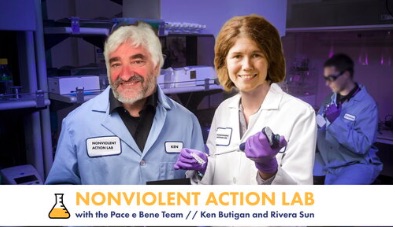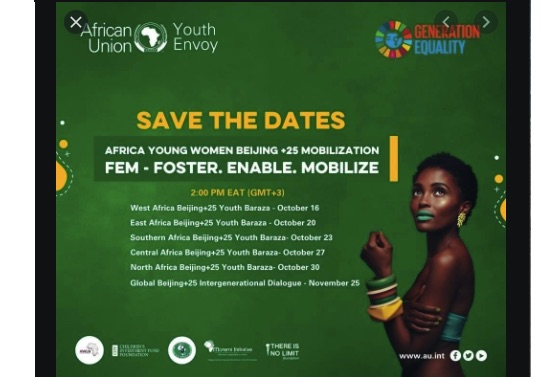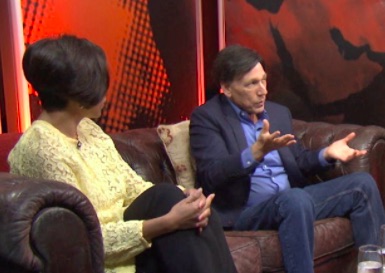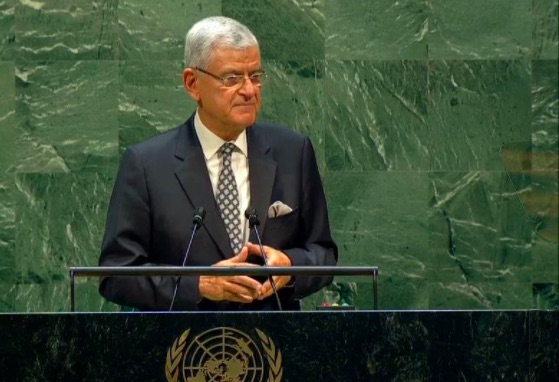FREE FLOW OF INFORMATION
Here are events from November 20-25 that were previously listed on the CPNN page for upcoming virtual events. Unless otherwise noted the events are in English.
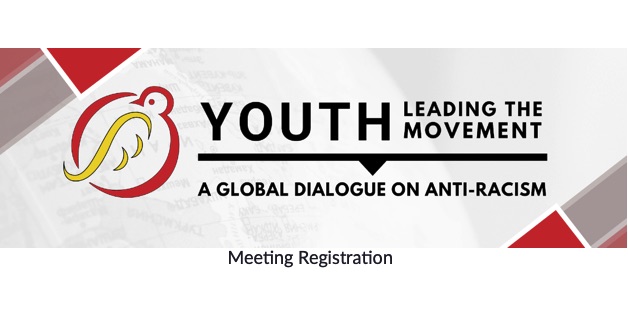
November 20, 2020 : 8:30am – 1:00pm CST (15:30 – 20:00 CET) Zoom
6th Annual Texas Women, Peace, and Security Symposium
— 1325 + 20: Celebrating the Anniversary of 1325 and Looking Towards the Future. The Texas Symposium on Women, Peace, and Security is designed to bring together academics, practitioners, and policymakers who are interested in advancing the goals of UN Security Council Resolution 1325.
— Description : The Texas Symposium on Women, Peace, and Security is designed to bring together academics, practitioners, and policymakers who are interested in advancing the goals of UN Security Council Resolution 1325. The WPS agenda also suggests that national security and human security must proceed hand in hand for peace to be durable and just, including issues that some might see as normally within the scope of national security, such as education, health, and welfare. Women’s perspectives and voice on issues of national security has been sorely lacking, and this symposium is a contribution to the rectification of that deficiency. The Texas Symposium on WPS also aspires to showcase Texas-based scholarship, philanthropy, programming, and policy on these important issues.
— Information : October 31st, 2020 marks the 20th anniversary of the landmark resolution UNSCR 1325. In order to commemorate the past successes and acknowledge the future implications of this resolution, the 6th Annual Texas WPS Symposium will bring together internationally recognized policymakers, practitioners, and academics who have worked alongside UNSCR 1325 to ensure the increased participation of women in matters of national security. The symposium will be held on Zoom. Registered participants will be invited via Zoom link. Questions for the speakers will be moderated by Morgan Mitchell and can be emailed to her at during the panels.
— Register online
November 20, 2020 – 12:00pm ET
The Global Campaign for Peace Education (GCPE) is thrilled to invite you to join “Youth Leading the Movement: A Global Dialogue on Anti-Racism,” a webinar focused on foregrounding youth voices in the current anti-racism and anti-ethnic discrimination movement around the world.
— The webinar’s goal is three-fold: 1) facilitate a productive global dialogue on the issues of racial and ethnic discrimination, 2) act as an empowering platform for youth voices in the peaceworking space, and 3) explore the approach of peace education as a means to transform oppressive systems.
— To this end, the webinar will feature 3, 20-minute panels, providing a space for youth activists from 3 of the following world regions: USA & Canada, Eastern Europe & Eurasia, and Southeast Asia. Following the panels, there will be a 30 minute Q&A session where panelists and members of the audience will be able to engage directly with each other.
— click here to register to join the zoom session
— Alternatively, you can watch the event live via our Facebook page (no registration required).
Saturday, November 21, 2020, 2:00 – 4:00pm (Japan Time)
Goi Peace Foundation Forum 2020
“Creating a Better World for Future Generations”
— As always when great collective changes are needed, everything starts with a personal change, an intimate mutation:
acting on ourselves to prepare to act in the world, so that it remains liveable for us.
We then discover that acting on ourselves is, in itself, an action on the world. ― Jacques Attali
— In 2020, the world was brought to a standstill, urgently prompting humanity to re-examine our ways of living and being. What kind of life do we want to live, and what kind of future society do we want to create?
— We invite you to take a deep dive into these pressing questions, together with this year’s Goi Peace Award Laureate, Dr. Jacques Attali. He will be joined by philosopher Dr. Hiroshi Tasaka for an insightful conversation bringing together wisdom from West and East.
— Japanese-English simultaneous interpretation available.
— Sign up for free
Nov 21, 2020
The UNAC Youth Against Empire will sponsor a webinar call, “Anti-Imperialist election Response: Youth Fight Back
— Speakers will include representatives of the following organizations:
ANAKBAYAN
International Action Center
Sanctions Kill
Black Alliance for Peace
Pan-African Action Committee
CODEPINK
Minnesota Anti-War Committee
Resist US Led War
More to be announced
— Time : 4:00 PM in Eastern Time (US and Canada)
— Register here
Wednesday 25 November 2020
In commemoration of the International Day for the Elimination of Violence Against Women, the African Union Office of Youth Envoy will convene the High-Level Intergenerational Dialogue to present the “Africa Young Women Beijing+25 Manifesto”
— Keynote Speaker : H.E. Mrs. Jeannette Nyiramongi Kagame – First Lady of Rwanda
— Other speakers :
— H.E. Mrs Imen Houimel – Ministry of Women, Family and Elder People – Republic of Tunisia
— H.E. Mrs. Hanna Serwaa Tetteh – Special Representative of the Secretary-General to the African Union and Head of the UN Office to the African Union
— H.E. Ms Phumzile Mlambo-Ngcuka – UN Women Executive Director
— H.E. Mrs Bineta Diop, AU Special Envoy on Women, Peace and Security
— Master Of Ceremony: Ms Zozibini Tunzi, Miss Universe 2019
— The event will take place at 2:00 PM GMT+3
— Interprétation disponible en Anglais, Français, Arabe et Portugais.
— Register Here; https://bit.ly/Global-IGD
